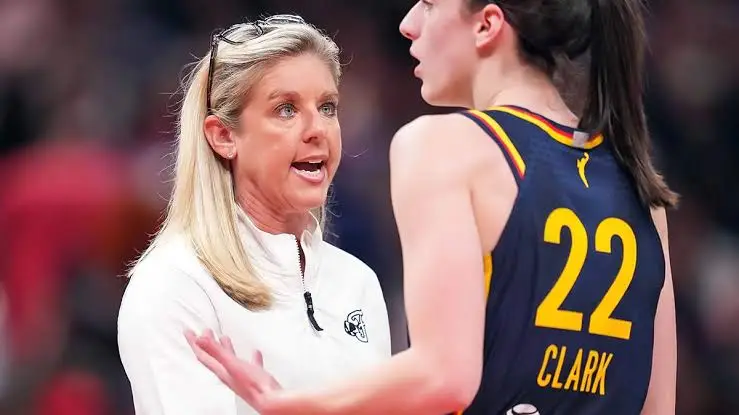
The Indiana Fever recently made headlines by parting ways with head coach Christie Sides, a decision that has sparked considerable debate among fans and analysts alike. Despite her successful tenure that ended a seven-year playoff drought, the franchise’s choice to dismiss her raises questions about their long-term strategy. Under Sides, the team showed significant improvement, notably increasing their win total from 2022 to 2023 and securing a playoff spot as the No. 6 seed. This marked a substantial turnaround from previous seasons where the Fever struggled at the bottom of the WNBA standings. The appointment of Stephanie White as the new head coach may offer some reassurance, yet the underlying reasons for this abrupt change remain unclear.
In a recent segment of “The Elle Duncan Show,” ESPN analyst Elle Duncan delved into the implications of this coaching shift, particularly regarding player development. She highlighted the importance of nurturing emerging talent, especially for a team like the Fever that had begun to establish a cohesive rhythm as the previous season progressed. The introduction of a new coaching style could potentially disrupt the growth of players who had been thriving under Sides’ mentorship, posing a challenge to their continued development as a unified team.
However, the potential benefits of hiring a coach with White’s credentials cannot be overlooked. With an impressive career win percentage of .622 and a consistent history of playoff appearances, White brings a wealth of experience that could elevate the Fever’s performance. Many fans and commentators believe that her leadership could inspire the team to reach new heights. While the transition undoubtedly presents challenges, White’s proven track record may be just what the Fever need to enhance their competitiveness in the league.
Complicating this discussion is the recent success of standout players like Caitlin Clark, who thrived under Sides, especially in the latter part of the season. Clark’s rise as one of the league’s prominent talents aligned with the Fever’s resurgence. Critics, however, point out that both she and fellow rookie Aliyah Boston have shown resilience during coaching transitions from the NCAA to the WNBA, indicating they might adapt successfully to White’s leadership style as well.
Ultimately, the Fever’s decision to move on from Sides is bold and may be strategically driven, yet it prompts essential questions about its potential impact on player development. The challenge lies in balancing immediate success with the necessity of nurturing young talent as the team looks ahead under new leadership. As the Fever enter this new phase, only time will reveal whether this gamble proves beneficial or if they might regret parting ways with Christie Sides in the future.




